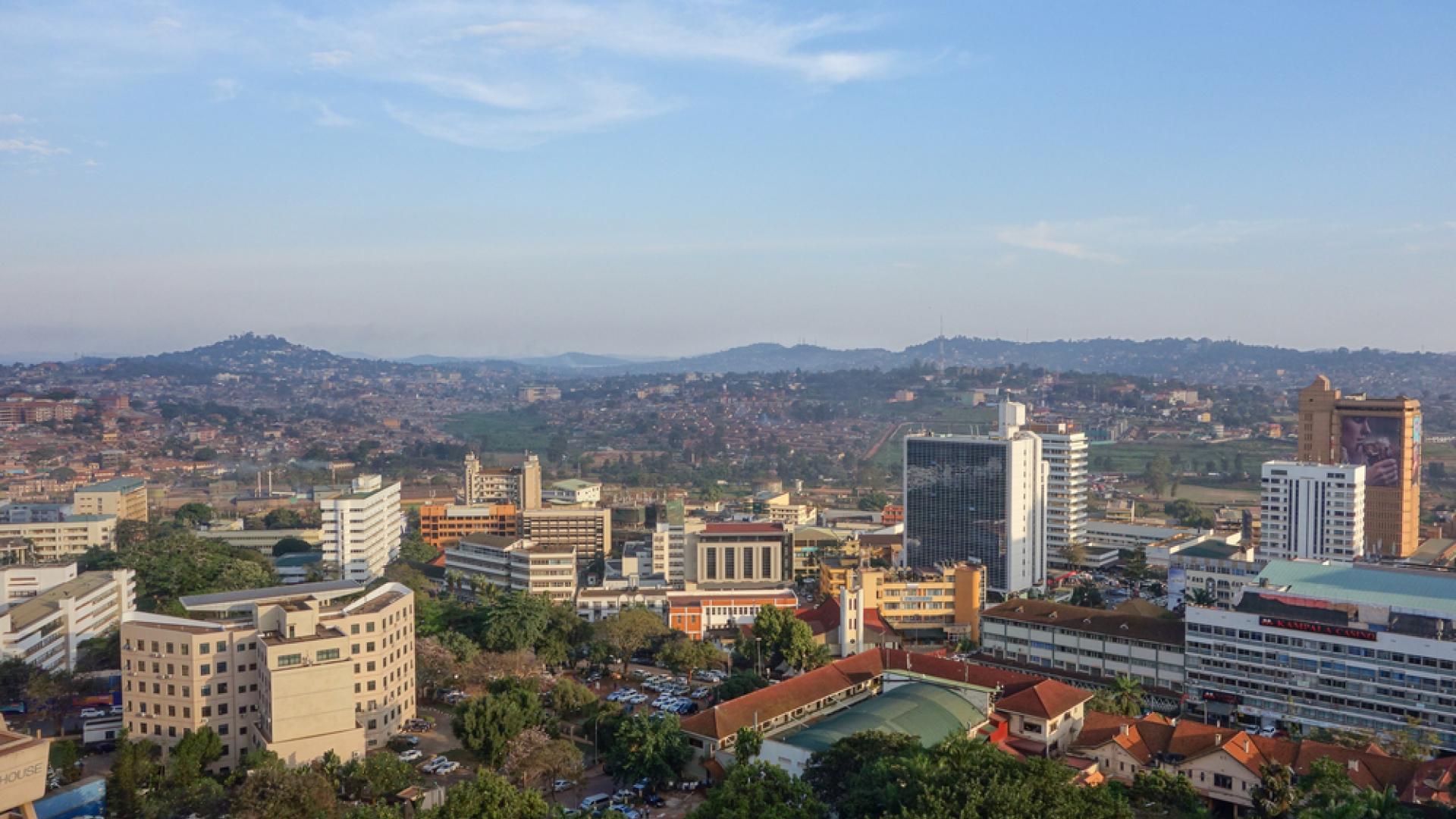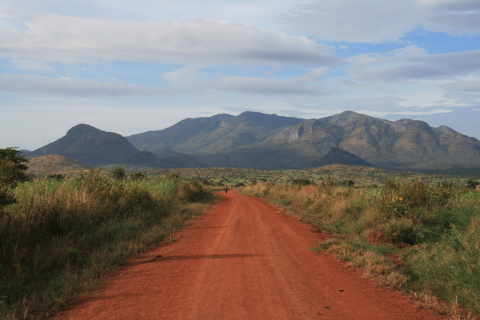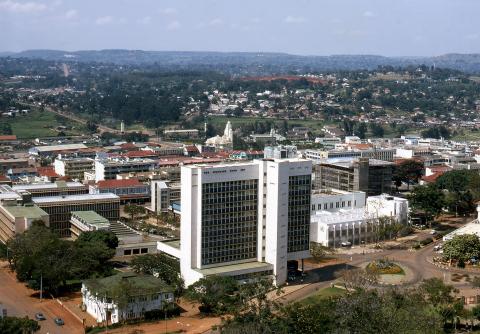
Uganda
Overview and role of the EITI
Uganda was admitted as an EITI implementing country in August 2020.
The country has discovered commercially recoverable oil reserves, with current oil exploration work taking place in the Albertine Graben region. Uganda's proven crude oil reserves stand at 6.5 billion barrels with 1.4 billion barrels that are commercially recoverable. The country has a large artisanal and small-scale mining sector.
Uganda aims to use EITI membership to strengthen efforts in ensuring overall transparency in the sector, strengthen tax collection, promote public debate, improve the investment climate, build trust and create lasting value from petroleum and mineral resources.
To achieve these objectives, the Uganda EITI (UGEITI) work plan includes activities such as the development of a policy and plan on contract and license publication, the documentation of planned reforms on beneficial ownership transparency, a scoping study on state participation in the extractive sector and activities relating to communication and dissemination of data. It will further seek to enhance revenue management and accountability, for example through the publication of data on social and environmental expenditures, quasi-fiscal payments and the documentation of environmental impact.
Economic contribution of the extractive industries
- 0.6%
- to government revenues
- 0.01%
- to exports
- 1.8%
- to GDP
- 0.01%
- to employment
Our membership in EITI will strengthen public and corporate governance, enhance accountability, strengthen revenue management and boost investor confidence in the country.
Innovations and policy reforms
-
EITI has been one of the main drivers in laying the legal framework for establishing a public beneficial ownership register in Uganda. Uganda has recently been removed from the FAFT grey list, recognising progress in addressing measures against money laundering and terrorist financing.
-
EITI implementation has contributed to the revision of the 2003 Mining and Minerals Act. The 2022 Mining and Minerals Act provides new legal provisions for the disclosure of contracts and beneficial owners of companies, in line with the EITI Standard.
-
Since its accession to the EITI in 2020, Uganda has cultivated a vibrant EITI process, characterised by an engaged multi-stakeholder group and a dynamic civil society operating within a relatively constrained civic environment. The EITI remains instrumental in facilitating discussions about the EACOP pipeline, ensuring a multi-stakeholder dialogue around the project.
Extractive sector data
Production and exports
Revenue collection
Revenue distribution
Top paying companies
Extractive sector management
Tax and legal framework
Uganda’s extractive sector is governed by the Mining Act, the Petroleum Act, the Public Finance Management Act and the Income Tax Act. The EOCOP project is governed by the East African Crude Oil Pipeline (EACOP) (Special Provisions) Act 2021. The main taxes and fees imposed on extractive companies in Uganda are capital gains tax, profit tax and royalties. The Uganda Revenue Authority and Treasury are the main bodies responsible for collecting and managing taxes paid to the central government, while the Ministry of Energy and Mineral Development is responsible for sector-specific levies. Uganda has a Petroleum Fund that is managed by the Bank of Uganda in accordance with the Public Finance Management Act.
Licenses and contracts
Mining licences are awarded on a “first in, first assessed” basis by the Ministry of Energy and Mineral Development. Petroleum exploration licences are granted through a competitive licencing process. While contracts are currently not publicly disclosed, the country has a public mining cadastre.
Beneficial ownership
Uganda’s Companies (Amendment) Act 2022, the Companies (Beneficial Owners) Regulations 2023 and the Mining and Minerals Act 2022 provide the legal framework mandating the disclosure of beneficial ownership. Uganda plans to use the EITI to collect legal and beneficial ownership data in the absence of the legal framework for full disclosure while advocating for the establishment of a beneficial ownership register.
Revenue distribution
According to the Public Finance Management Act, petroleum revenue is distributed between the central and local governments as follows:
-
94% to the central government.
-
6% to local governments located within the petroleum exploration and production areas.
Of this -
50% of revenue from royalties is distributed among the local governments based on the level of production of each local government or impact.
-
50% of revenue from royalties is distributed among all local governments based on population size, geographical area and terrain
Per the Mining and Minerals Act 2022, royalty from minerals is to be shared as follows
-
Government 70%
-
Local Governments 15%
-
Sub county or Town Council 10%
-
Owners, lawful occupants or bonafide occupants of land subject to mineral rights 5%
Uganda EITI plans to increase transparency and public debate around local revenue allocation and management, particularly with respect to the revenue sharing formula.
EITI implementation
Governance
UGEITI is administered by the Uganda Multi-Stakeholder Group (MSG). The MSG is hosted by the Ministry of Finance and chaired by Moses Kaggwa, Director of Economic Affairs in the Ministry of Finance, Planning and Economic Development.
Timeline
Multi-stakeholder group is formed
Government announces commitment to join the EITI
Candidature application is submitted
Application
Uganda joined
2019-2020 EITI Report published
Report
2020-2021 EITI Report published
Report
Validation
Uganda’s first Validation commenced in October 2023.






